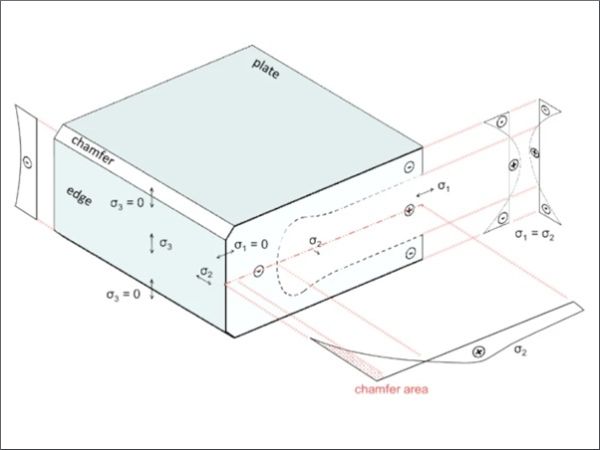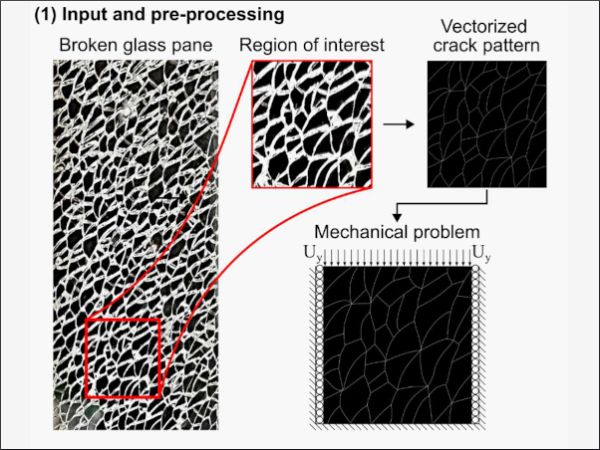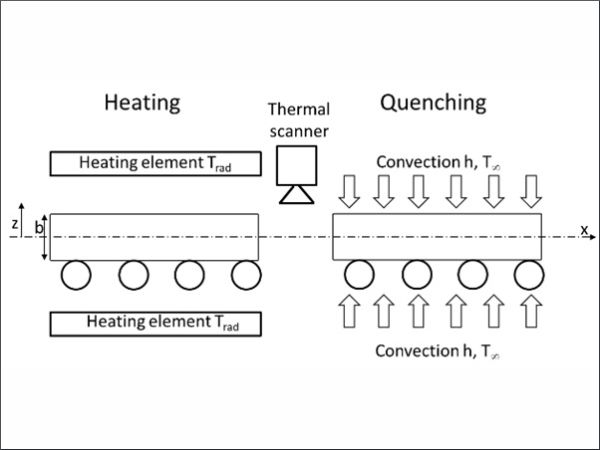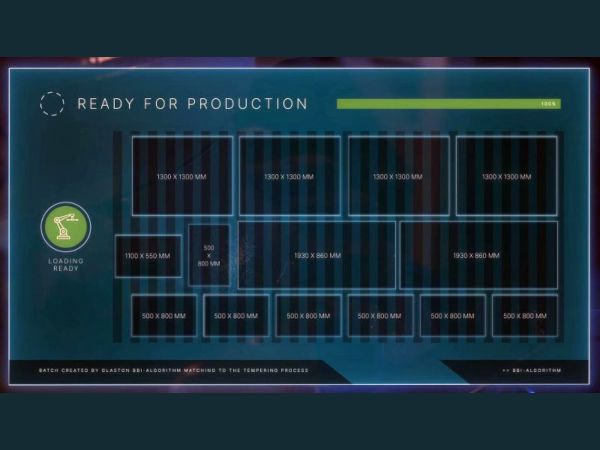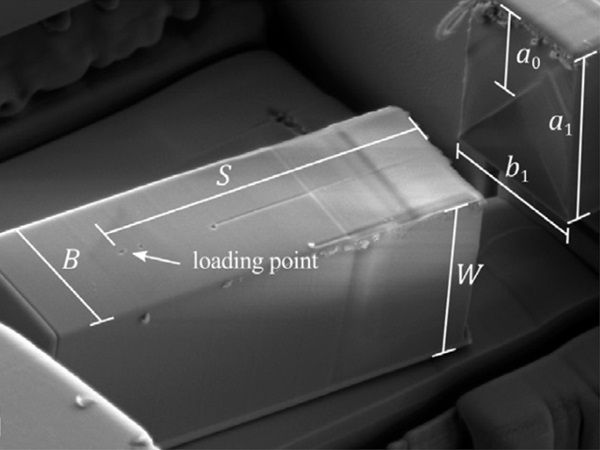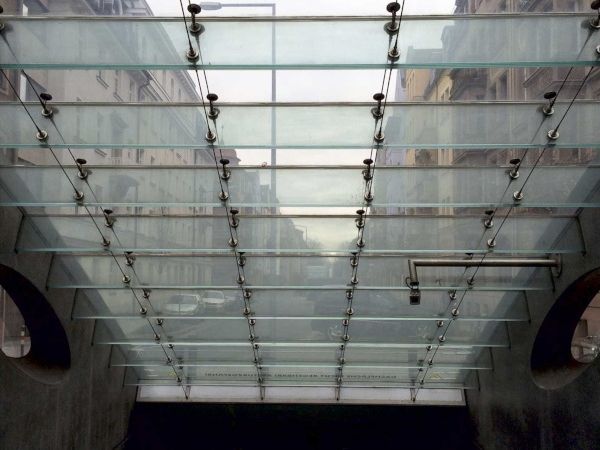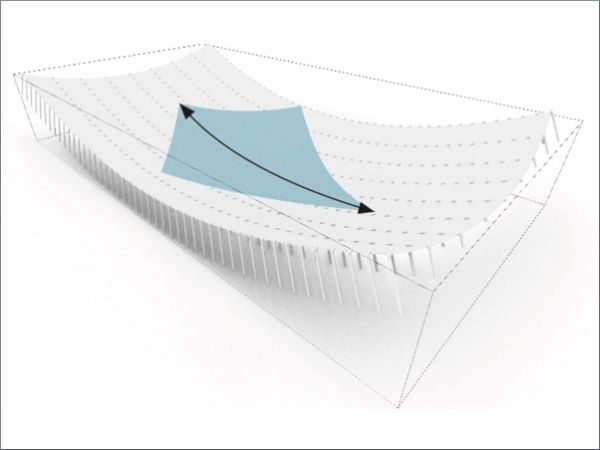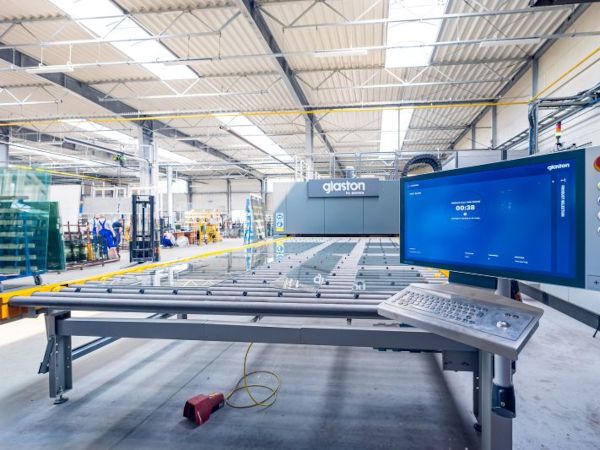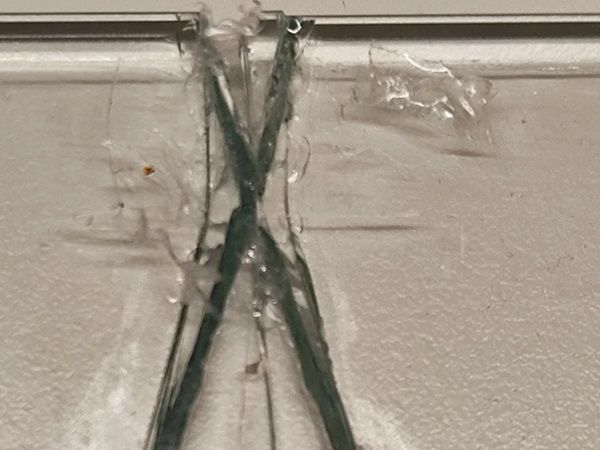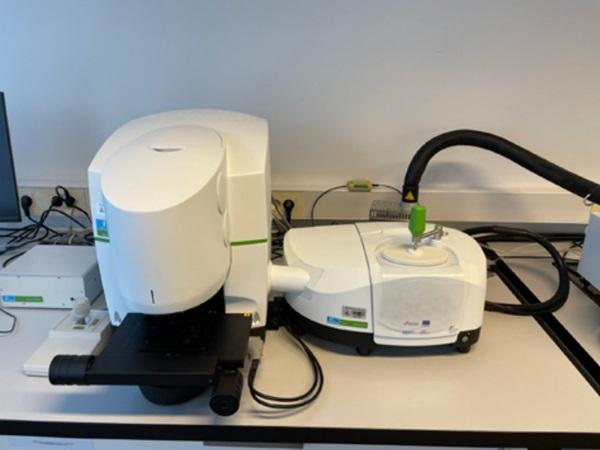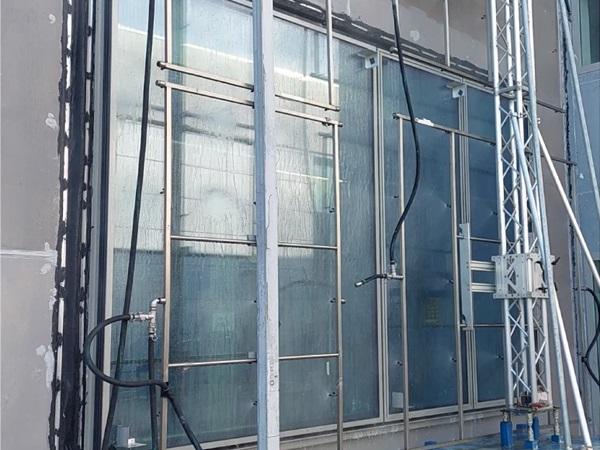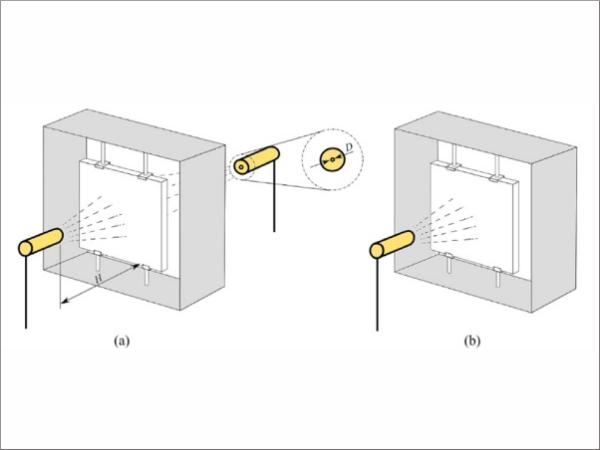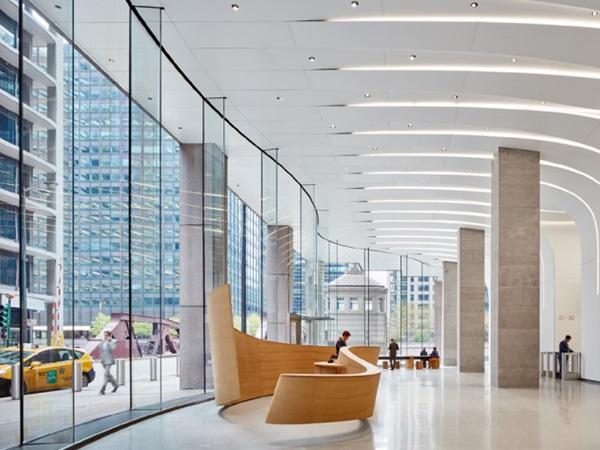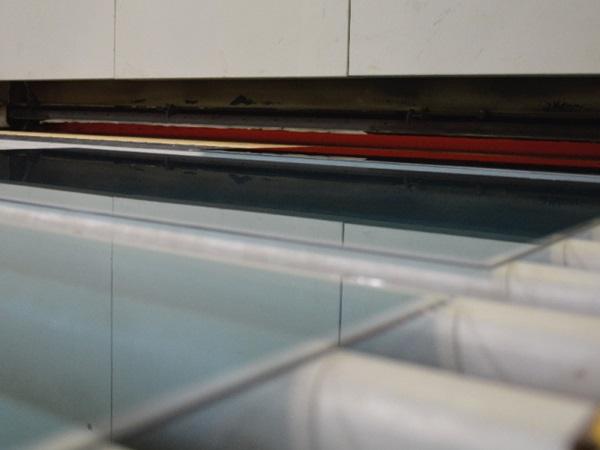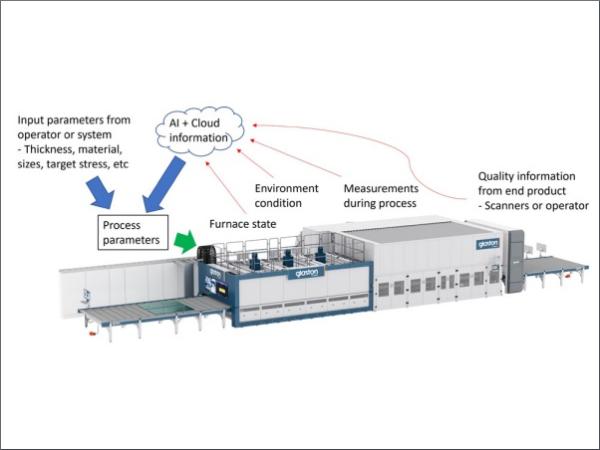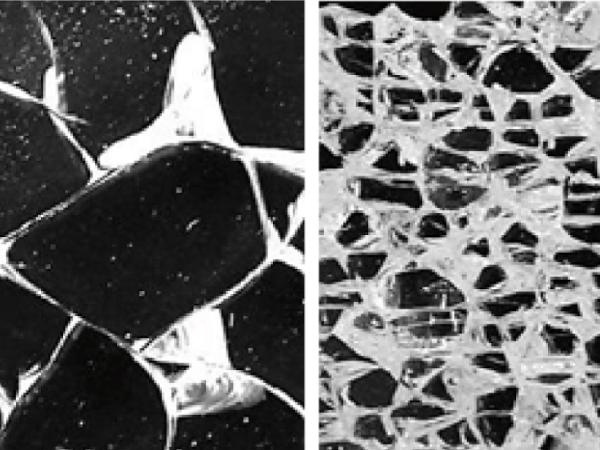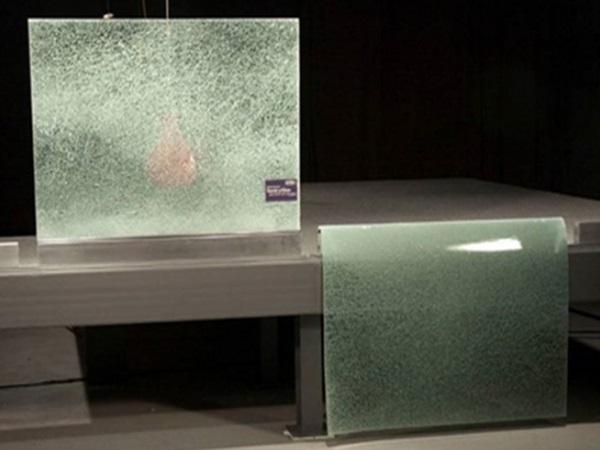Others also read
| Scratches on aged glass can weaken its structural integrity, posing safety risks in architecture; this study evaluates the mechanical performance of scratched glass through experimental testing and numerical simulation.
| This paper presents an experimental campaign employing an electric radiant panel as the heat source to investigate the heat transfer phenomena in glass.
| Modern tempering technologies offer impressive energy efficiencies for glass processors. But, have you ever come across energy-saving claims that seem too good to be true?
| The paper compares fitting functions of different polynomial degrees to determine and assess the edge stress.
| Minor fluctuations in the tempering process of architectural glass lead to residual stress differences resulting in birefringence and undesired optical iridescence, also known as anisotropy effects.
| This paper encompasses design, manufacturing, and experimental testing to assess the feasibility of using glass AM to produce interlocking masonry units for the construction industry.
| The objective of the present work is the development and testing of a robust numerical model that can naturally introduce the generated crack pattern into virtual specimens and manage the interaction among many fragments.
| Optical stress measurement in tempered glass has its challenges. Stresses can be measured optically based on the optical anisotropy behavior of the glass.
| What glass processes gain the most from automation? In this blog, we’ll focus on some of the particularly promising application areas.
| This paper investigates the challenges and potentials of phase-field modelling in simulating glass fracture.
| This paper presents investigations on a novel approach for post-tensioning laminated glass beams with adhesively bonded iron-based shape memory alloy tendons along both longitudinal glass beam edges.
| Sustainable Configurations for Double Curved and Spherical Glass
| A recent study by BV Glas and Stuttgart University outlines three pathways to achieve climate neutrality in the glass industry by 2045.
| The latest Glastory blog gives insights on the experiences of the tempering process Autopilot users.
| The four point bending test is one of the most commonly used and standardised tests to determine the mechanical properties of materials.
| The research presents advantages and disadvantages for each different load type regarding interlayer chemical response.
| This paper presents the findings of the evaluation of an epoxy adhesive for structural glass to steel continuous bonds.
| The study is based on an extensive experimental campaign and an associated parametric study to test alternative designs under both quasi-static and dynamic loading conditions.
| Glass is most often heat treated before using it as a structural material. In this context, thermal tempering is the most effective and efficient method to enhance the load bearing capacity and strength of glass.
| The redeveloped CME Center lobby is defined by a striking, wavelike 24’ tall glass façade.
| The approaches proposed by planners and architects for adapting to climate change will be discussed at glasstec 2024 (22-25 October, Düsseldorf) at its Architecture Forum.
| Implementing quality controls and checkpoints during production and inspecting 100% of the tempering process, guarantees less rejections in the field converting into more profit.
| Glass tempering is a process that can be made in many ways to get tempered glass that meets the standards. The selected way is usually chosen by the operator and is almost always based on experience instead of science.
| An equivalent temperature difference model for engineering glass design
| The use of laminated glass with PVB and ionoplast interlayers not only offers improved safety but can also be designed to help mitigate security threats ranging from basic safety to burglary and forced entry resistance and even ballistic protection.




